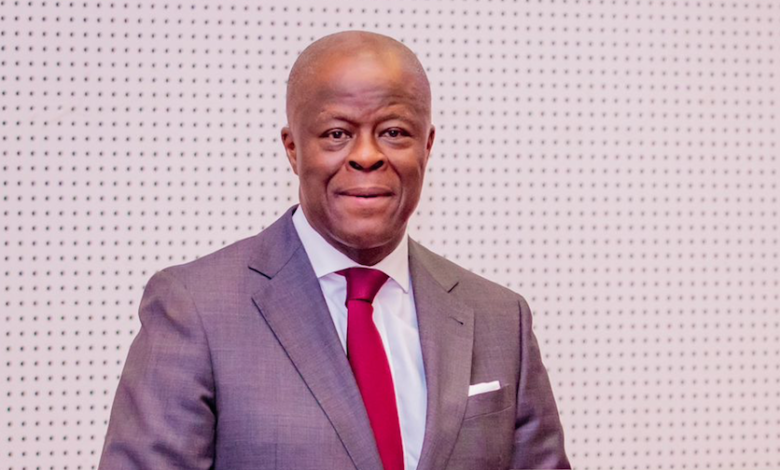For quite some years now, Nigeria’s annual budget has always been presented to the National Assembly early enough in the preceding year, usually around September.
This followed the understanding reached between the Executive and the Legislature to ensure a budget cycle of January to December every year.
It is also aimed at enabling the legislators to have enough time to scrutinise the budget’s contents and contribute meaningfully to the debates on the document.
Unfortunately, the government has failed to do so this year. Instead, we were told that the budget estimates will now be presented tomorrow, Wednesday, December 18. By all standards or measures, this presentation is already late. It is not clear how much time the NASS members can devote to the budget, given that by now, they must be in the Yuletide holiday mood.
Therefore, the delay will negatively impact the quality of debate on the estimates to be presented by President Bola Tinubu. The likely consequence is that our lawmakers will be forced into doing a shallow work on the document.
It is needless to say that the quality of the budget document that eventually emerges does not depend on just the figures contained in it. Rather, its usefulness derives from the robustness of the scrutiny to which the figures and the assumptions behind them are subjected to. Members need time to analyse all the proposals and understand the implications of the estimates, all taken as one piece.
The government’s delay in presenting the budget has weakened this aspect of the public finance process. Even the scheduled presentation tomorrow is quite late, based on this criterion.
On November 14, 2024, the Federal Executive Council announced the approval of a budget proposal of N47.9 trillion for next year. Yet, the estimates could not be presented more than a month later. This does not speak well of the department responsible for this function government.
Daily Trust views this as a dereliction of responsibility on the part of the presidency. Budget preparation and presentation are not sudden or probabilistic events; they are certain to happen each year. And the Ministry of Finance, the Ministry of Budget and Planning, the Budget Office, and other relevant departments are staffed with qualified personnel to handle this year-in year-out. Therefore, there is no justification for this delay.
The delay may be an open invitation to failure on this key aspect of our economic management process. It will in all probability result in a hasty work on the budget debate and interrogation of heads of government ministries and agencies during the defence sessions.
However, we insist that the National Assembly members should not use the late submission as an alibi to rush through the document and end up doing a shoddy job on it. That will be self-defeating.
In addition, delaying the budget presentation denies Nigerians the opportunity to know how much of the previous year’s budget was implemented. This means that there is no accountability in the management of the nation’s resources.
This poor handling of the nation’s annual budget is also sending a wrong signal to the international community. It impacts negatively on the perception of the Nigerian government’s capacity to meet key national obligations or duties.
The delay will, without doubt, lead to delays in the release of funds for capital projects. Eventually, the government will be forced to embark on a piecemeal release of funds, which in turn will further delay the implementation of budgeted projects.
The delay might also appear to some people as a deliberate design by the government to create room for supplementary budgets that the Executive will be reeling out, come 2025.
For us, we would like to point out that the delay may ultimately result in the proliferation of annual budgets that the government would be implementing concurrently. This is the case in the country right now.
For the integrity of this administration, we call on the government, as a matter of urgency to harmonise the various budgets running at a given point in time.
Currently, there are two bills at the National Assembly seeking to restrict the President from presenting more than one budget at the same time. We hope that the bills are passed into law to save the nation from such unwanted occurrences.
We believe that the time has come for the annual budget in Nigeria to be given greater priority attention. In other climes, budgets are sacred documents because the fortunes of the nation and its citizens depend on them. It is therefore pertinent to ensure that budgets are presented timeously, and that those responsible for any delay to the process are held to account.

 Join Daily Trust WhatsApp Community For Quick Access To News and Happenings Around You.
Join Daily Trust WhatsApp Community For Quick Access To News and Happenings Around You.